Kennedy explains colonial silver refining to Collacachi teachers and students during an educational visit to her project. Photograph by Javier Chalcha.
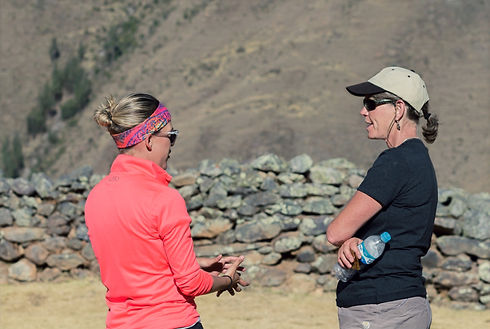
My Teaching Philosophy
I believe that engaged, dedicated, and passionate educators can create learning environments that produce engaged, dedicated, and passionate students. In my own career, I strive to continually improve my teaching abilities and work to inspire students to engage with interesting and challenging topics within the field of anthropology. My detailed teaching statement is found below.
Kennedy discusses Inka archaeology during a National Geographic Study Abroad trip. Photograph by Gareth Shannon.
Teaching Statement
As an educator, I believe my role is to build relationships and trust with my students, and to treat them as active knowledge producers. Successful classes are ones where students are actively engaged in the process of deconstructing and understanding arguments using multiple lines of evidence. In my interactions with students, I strive to promote an ethos of care and kindness. I view students as equal and active collaborators in their learning, and I provide them with opportunities to contribute to the design of my courses. By offering students a sense of ownership in every stage of my courses, they discover a range of applications for anthropological methodologies that are both relevant and exciting to their interests outside of the classroom.
One of the ways that my students become active knowledge producers in my courses is with the help of the digital humanities. In my classes, I encourage students to write online blogs, design websites, and produce videos for class assignments. I also provide students with instruction on innovative technologies including 3-D artifact design, 3-D printing, and 360° video, as well as archaeometry techniques such as pXRF analysis, aerial photogrammetry, and statistical analyses. By introducing students to tangible and hands-on ways to learn and communicate about anthropology, archaeology, and the social sciences, they are able to make relevant connections to real-life situations in their daily lives.
I also strive to provide students with multiple perspectives to course topics, which fosters an environment of inclusivity. I bring community leaders with varied backgrounds into my classroom to provide diverse perspectives on real-life situations. I also introduce students to multiple types of archaeological and historic evidence, such as material remains, historic manuscripts, and oral histories. When I teach students archival research methods, we compare different collections, such as digital vs. physical, public vs. private, and text vs. object. By providing students with an array of learning experiences, they gain a critical understanding of human diversity and the complexity of history. They are also introduced to biases and silences of certain records and learn how to incorporate multiple data sources into their interpretations.
I have over eight years of experience teaching in diverse community college and university settings, having taught at Front Range Community College, the University of Florida, and the University of Pittsburgh. I have also taught students from diverse backgrounds in online classes. I consistently earn exceptional student evaluation scores above the average for instructors in both my department and university. Further, I have completed multiple teaching pedagogy classes and clinics, and I actively seek out ways to improve my teaching methods.
Overall, my teaching promotes a critical understanding of the past from multiple perspectives. My students are co-collaborators in my classroom, and they learn to incorporate a combination of methodologies in their work, developing a richer understanding of the past. My approach to teaching is inherently interdisciplinary. I believe students in anthropology, sociology, history, biology, zoology, geology, and the earth sciences would find my course topics engaging and relevant. By promoting a pedagogy of kindness in my classroom, students from multiple disciplines can partner with me in the historic inquiry of our shared human past.

Kennedy uses her cell phone to show photographs from her archaeological research at a local Collacachi community meeting in Peru. Photograph by Javier Chalcha.
Classroom Activities
Wikipedia Editing
Wiki Edu
This project has students work as editors on Wikipedia, choosing articles that need improvement. Students learn about science literacy, plagiarism, and public science communication as they edit and improve an article over the course of a semester. The article is published live, and they see the direct results of their work in public education.
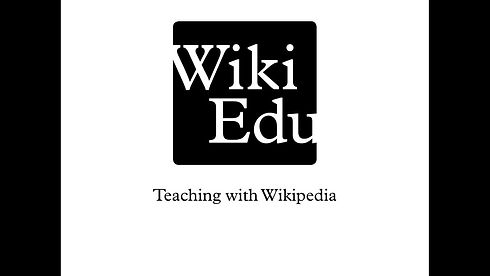
Campus as an Ancient City
Hands-on Learning
Ancient and modern cities are often distinguished by their monumental public works – collective enterprises such as religious structures, temples, palaces, and storehouses.
In this activity, the University of Pittsburgh campus (or your chosen location) will function as a model for an ancient urban city. Study the Pitt campus map and walk around campus, paying special attention to different zones and areas of use (residence halls, green space, religious buildings, sports complexes), as well as their location (central vs. periphery), distance to important points on the landscape, and degree of access to roads, main streets, parking lots, and bus stops. Remember – Pittsburgh is a city of hills. How does elevation factor into the layout of campus? What is on top of the hill?
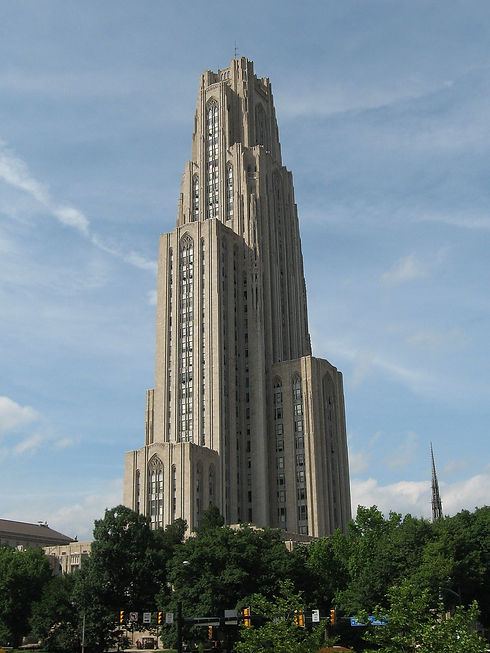
Museum Ethics
Critical Thinking
This project focuses on museum collection ethics and involves students engaging in an ethical debate.
Students will first choose to research the debate over "ownership" of either the Elgin Marbles or the Machu Picchu artifacts.
Then, students will argue on behalf of either 1) Greece or Peru; 2) the British Museum or Yale University; or 3) UNESCO. All three sides will consider and argue on the issue of cultural patrimony ownership of cultural heritage and repatriation of artifacts and other objects removed from their original archaeological, historical and cultural contexts.
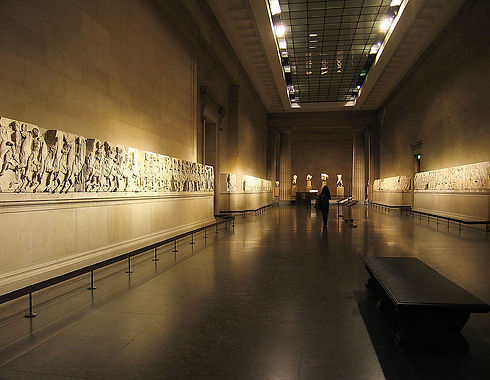
Archaeologist Biographies
Understanding knowledge creation
Students are required to research 4-5 modern archaeologists who are still practicing archaeology today. These should be archaeologists that work in the government, museums, private sector, and academia.
Each biography will describe a real-life archaeologist, identifying who archaeologists are and what stories they tell. Students will also write a short reflection on how easy/difficult it was to find information on your chosen archaeologists.
Each archaeologist must come from a different demographical background - they cannot all be old white men!
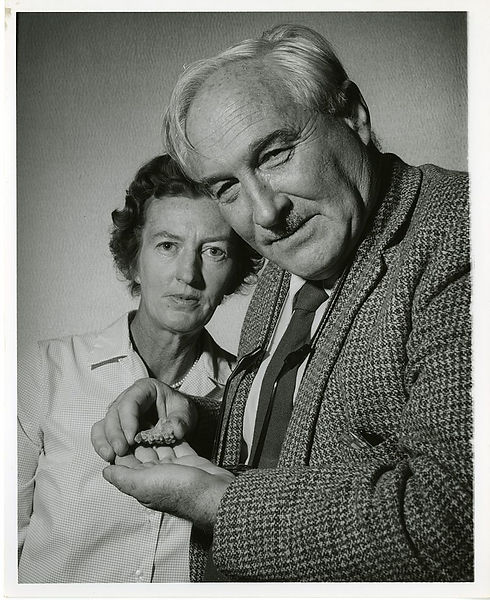
Neighborhoods
Applied Learning to Real World Cases
Cities, both past and present, are home to diverse, heterogenous population of citizens. Daily social interactions between city dwellers are conditioned by class, status, gender, age, and ethnicity. Local social interactions happen in neighborhoods, residential districts with specific geographic and social characteristics.
The ancient city of Teotihuacan (AD 1 – 650) in highland Mexico is well known for its distinct neighborhoods and residential compounds. Many of these residential compounds contain non-local artifacts, architecture, and mortuary practices, leading many scholars to identify them as “immigrant,” “foreign,” or “ethnically distinct” neighborhoods. In this assignment, you will compare and contrast two neighborhoods at Teotihuacan.
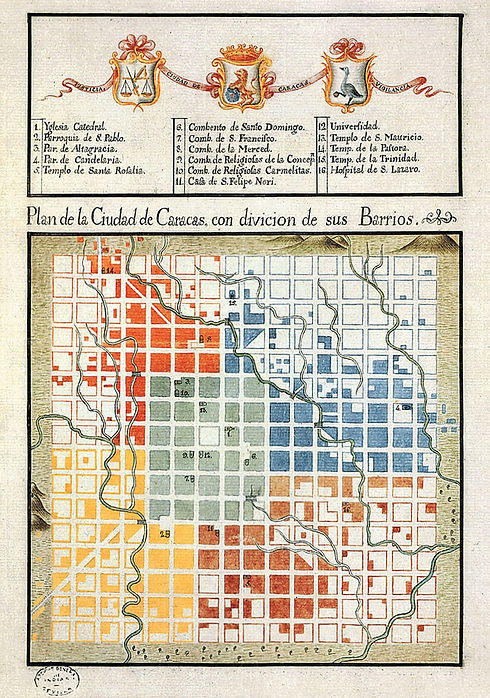
Cemetery Project
Applied Mortuary and Bioarchaeology
Students apply research methods in archaeology and bioarchaeology courses by collecting data at local cemeteries to examine change in community health, ethnicity, religion, and values over time.
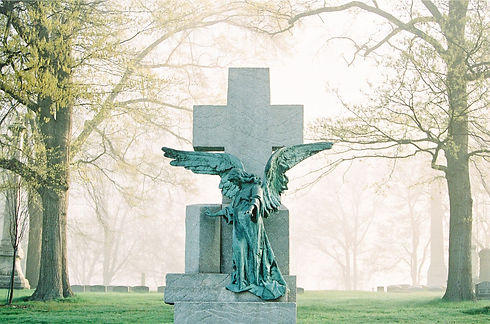
Food Diary
Hands-on, Personal Learning
This activity involves students keeping a food diary during the semester. This is a comprehensive ethnographic journal, where students record in first-person their daily observations about cuisine. They should record their own behaviors, as well as observe others around them.

Mini-Ethnographies
Practical, Hands-on Experience
This assignment has students conduct min-ethnographies. They choose a topic and a group of people to investigate and observe. They will conduct interviews, do participant observation, and keep of personal field notebook for their own reflections of the research process.

Pedagogical Training
2020: National Geographic Science-Telling Bootcamp (pedagogical training on public speaking, videos, photography, social media, and science writing)
2018: Completion the Achievement in Pedagogy Graduate Student Teaching Initiative at the University of Pittsburgh
2017: Graduate Seminar on Teaching Pedagogy at the University of Pittsburgh
2015: Faculty Pedagogy Training at Front Range Community College
2012: Graduate Seminar on Teaching Pedagogy at the University of Florida

Selected Course Reviews

Kennedy (right) with students on a National Geographic Study Abroad trip. Photograph by Gareth Shannon.
I have taught online- and in-person classes at universities and community colleges, as well as field-schools and study abroad trips. College classes include: Intro to Cultural Anthropology; Intro to Archaeology; Human Diversity; Origin of Cities; Human Sexuality and Culture; Introductory Spanish, and English as a Second Language. I have also taught workshops on zooarchaeology. Here are some selected anonymous course reviews.
“I like Sarah's enthusiasm for the course material. That goes a long way in keeping students engaged for 3+ hours twice a week.”
Student in Origins of Cities, Summer 2017
“She was very understanding of when a student missed a recitation and went above and beyond by giving them a private lecture rather than just handing them a sheet of notes that they missed. This was very impressive of her.”
Student in Intro to Archaeology, Spring 2017
"She has clear lesson plans and relates well to students"
Student in Intro to Cultural Anth, summer 2015
“Overall, I truly liked the structure of the class. Professor Kennedy's easy to find organization of the course material was greatly appreciated. As well as her preparedness with everything (constant email reminders and check ups with students, and up-to-date grading) are things that made this summer class quite enjoyable.”
Student in Intro to Archaeology (Online), Summer 2020
"I felt that [Sarah] was very well prepared and took the time to include students into discussion to where it was a very thought out, helpful, and engaged learning with all the students.”
Student in Origin of Cities, Summer 2017
"Really effective at teaching the material, lectures were very easy to follow, addressed questions well and made sure that everyone really understood the material. She fostered a very comfortable learning environment and was really nice overall.”


